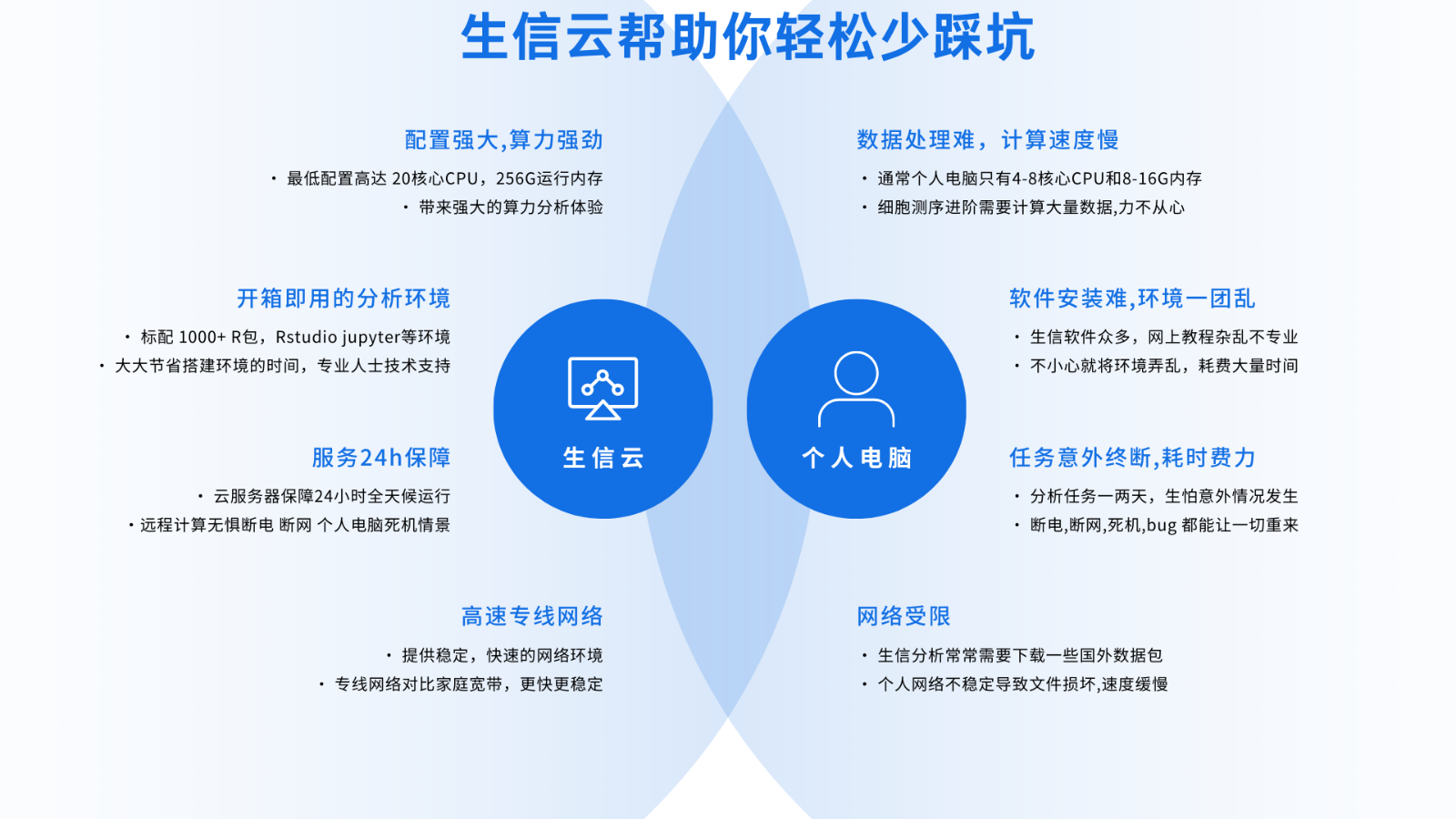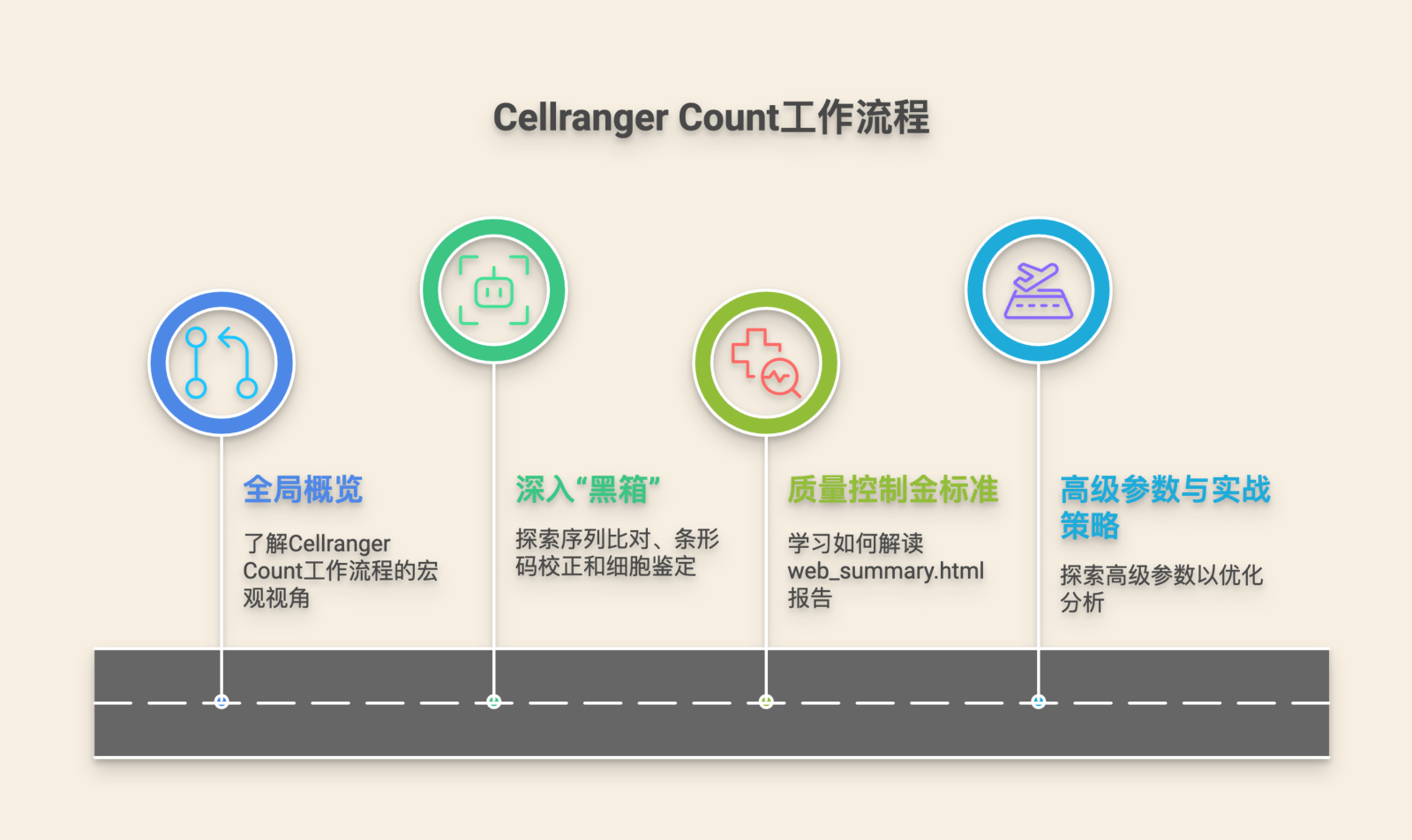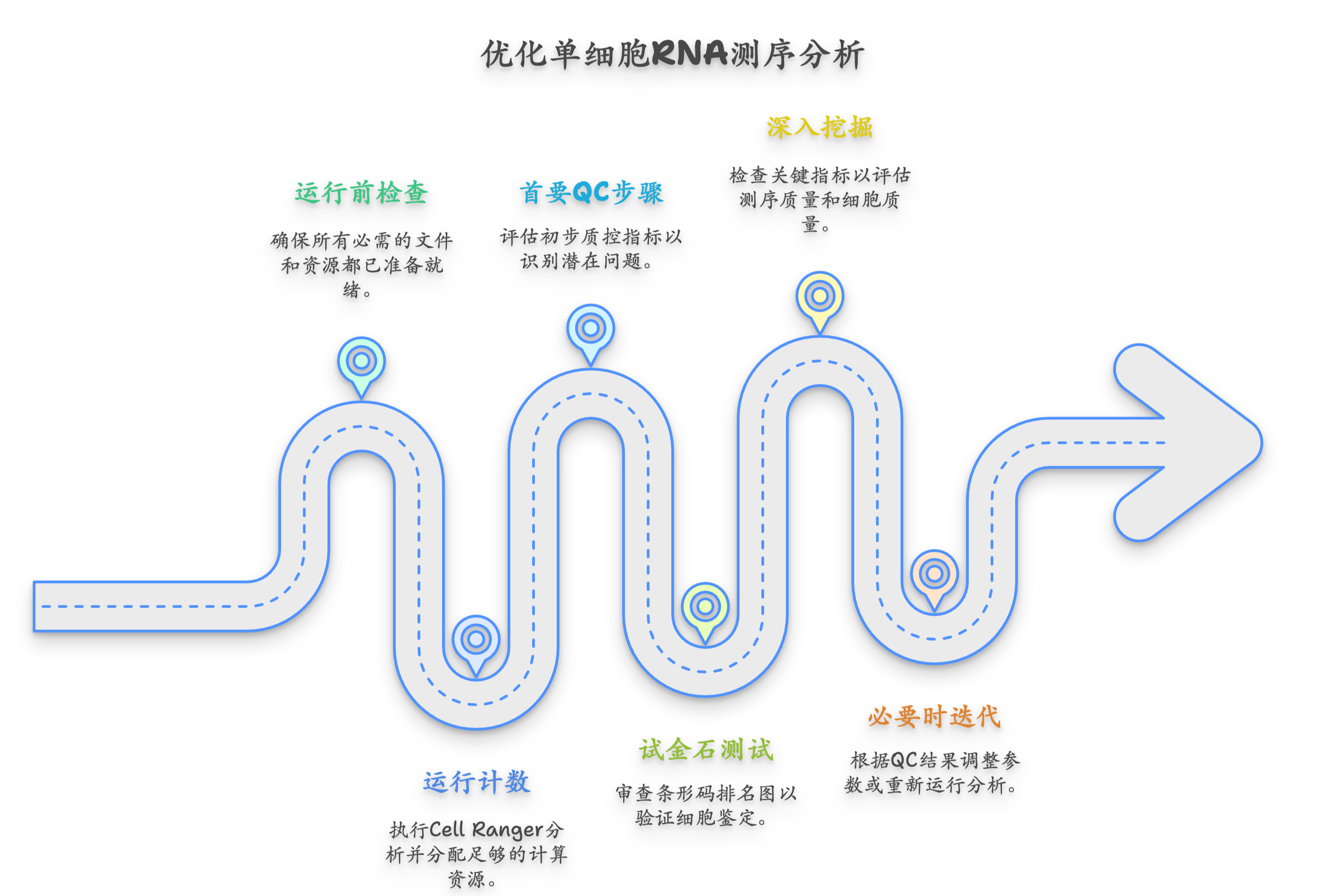
precision-medicine analytics engine facilitates translational research that supports individualized care. These compute environments process substantial biological information to inform clinical decisions. Employing AI-enhanced analysis and robust pipelines, they drive breakthroughs in drug discovery and diagnostics.
Scalable Infrastructure for Genome-Scale Computation
Sequencing and high-throughput assays create huge datasets requiring specialized computing capacity. Elastic, high-performance servers make large-scale bioinformatics both feasible and cost-effective.
- Resource elasticity enables continuous processing without costly overprovisioning.
- Parallelization across nodes and GPUs helps shorten end-to-end analysis times for large datasets.
- Applications include alignment, variant discovery, functional annotation, and predictive modeling of disease.
Cloud adoption has revolutionized access to bioinformatics capabilities, making them affordable and elastic.
Specialized Cloud Environments for Genomic Computation
Growth in sequencing throughput has accelerated the need for elastic, tool-rich bioinformatics clouds. Dedicated clouds provide pre-configured environments, versioned tools, and collaboration-friendly storage.

Comprehensive Bioinformatics via Scalable Cloud Architectures
High-complexity analyses in modern bioinformatics depend on elastic, high-throughput compute. Traditionally, many analyses relied on local infrastructure which can be costly and limited in capacity.
Using cloud compute, teams can process large cohorts and run computationally intensive models effectively.
Cloud flexibility minimizes infrastructure overhead and supports secure, shared environments for genomic research.
Custom Cloud Services Driving Bioinformatics Innovation
As genomics and multi-omics expand, bespoke cloud infrastructures are being built to support domain workflows. They enable researchers to run validated workflows at scale, supporting drug discovery, diagnostics, and precision medicine.
Moreover, the intrinsic scalability of cloud computing allows rapid resource changes on demand, democratizing access to advanced bioinformatics and empowering researchers globally.

Streamlining Bioinformatics Workflow with On-Demand Servers
When workflows require bursts of compute, on-demand servers present a cost-effective, rapid solution. Avoiding on-prem hardware reduces administrative overhead and shortens time-to-result for analyses.
Moreover, on-demand servers often arrive pre-configured with essential bioinformatics software stacks like alignment tools and statistical pipelines, streamlining the workflow. Reducing configuration burden shortens project cycles and enhances reproducibility and collaboration.
Cloud-Based Bioinformatics Services That Empower Discovery
Platform services deliver versioned pipelines, data integration, and analytics that accelerate research workflows. They empower teams to analyze complex datasets and uncover patterns relevant to biology and medicine.

- aaS platforms offer elastic resources to analyze cohorts of genomic samples efficiently.
- Cloud-based platforms and SaaS models facilitate global collaboration and data sharing among researchers.
- Advanced models and algorithms enable efficient signal detection and hypothesis generation.
Enabling Personalized Medicine through Bioinformatic Analysis Servers
Increased genomic and phenotypic data yields more precise stratification for personalized treatments. Bioinformatic analysis servers extract meaningful insights from complex datasets using sophisticated algorithms to predict disease risk, tailor treatment plans, and monitor patient responses. Actionable outputs help clinicians select targeted therapies, enroll patients in trials, and track treatment efficacy.
Computational Bioinformatics Reveals Hidden Biological Patterns
Computational approaches expose hidden relationships in genomes and proteomes using scalable analysis methods. Comprehensive analyses reveal intricate relationships among molecules, phenotypes, and environment.

Sophisticated computational methods are essential to model, interpret, and predict biological behavior from data.
Next-Generation Compute for Rapid, Reliable Bioinformatics
Modern research projects need infrastructure that adapts to dataset size, complexity, and collaboration needs. They combine HPC, distributed cloud, and specialized accelerators to speed up sequence alignment, assembly, and modeling.
- Cloud-based platforms offer flexibility, scalability, and on-demand access to compute and storage resources, adapting to dynamic research needs.
- Focused software development yields purpose-built tools that accelerate specific research tasks.
bioinformatics analysis server
The infrastructure empowers rapid, reproducible research that translates into practical biotechnological advances.
A Scalable Bioinformatics Toolset for Scientific Innovation
Comprehensive platforms combine curated pipelines with interactive tools to support exploratory and production analyses. It brings together alignment, annotation, phylogenetics, and predictive modeling to support diverse research workflows. An intuitive web interface and curated databases make the platform accessible to users across expertise levels, simplifying navigation and enabling reproducible exploration.
